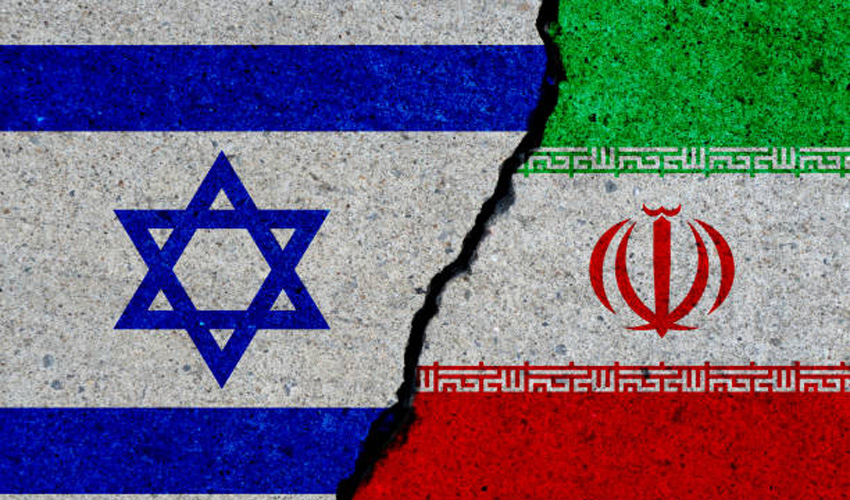US Defense Secretary Lloyd Austin spoke with Israeli Defense Minister Yoav Gallant regarding Israel’s military operations in Lebanon and Gaza. Meanwhile, the commander of Iran’s elite Revolutionary Guards, Hossein Salami, warned Israel against retaliating for a missile barrage, emphasizing that Iran could penetrate Israeli defenses.
As Israel escalates its offensive in Lebanon against Hezbollah, fears of a broader Middle Eastern conflict are rising. Salami stated, “We tell you (Israel) that if you commit any aggression against any point, we will painfully attack the same point of yours.”
Iran’s Foreign Minister Abbas Araqchi, on a tour of the Middle East, met with Egyptian President Abdel Fattah al-Sisi in Cairo, who reiterated calls to avoid escalating the conflict. However, Israel shows no signs of halting its military actions against Hezbollah and Hamas, vowing to respond to Iran’s October 1 attack.
Early Thursday, Israeli strikes targeted Syria’s port city of Latakia, and the US conducted strikes in Yemen against Iran-aligned Houthis. Despite ongoing conflict, Qatar noted there had been no recent negotiations for a ceasefire regarding the Gaza war.
On Thursday, Israeli airstrikes reportedly killed 11 Palestinians in Gaza City, while Israeli forces moved tanks into Jabalia, raising alarm over humanitarian shortages. In Lebanon, the Israeli military claimed to have killed 45 Hezbollah fighters in the last 24 hours, while over the past year, Israeli operations in Lebanon have resulted in at least 2,350 deaths and displaced more than 1.2 million people.
The Israeli military issued evacuation orders for parts of the Bekaa Valley, urging residents to stay at least 500 meters away from specified buildings used by Hezbollah. A recent airstrike also killed the mayor of a major town in southern Lebanon, leading to condemnation from local officials.
The conflict between Israel and Hezbollah has intensified since the militant group began launching missiles at Israel a year ago, with recent weeks seeing significant escalation. A displaced man from Beirut reflected on the ongoing cycle of destruction and rebuilding in Lebanon, stating, “War has become normal for us.”


